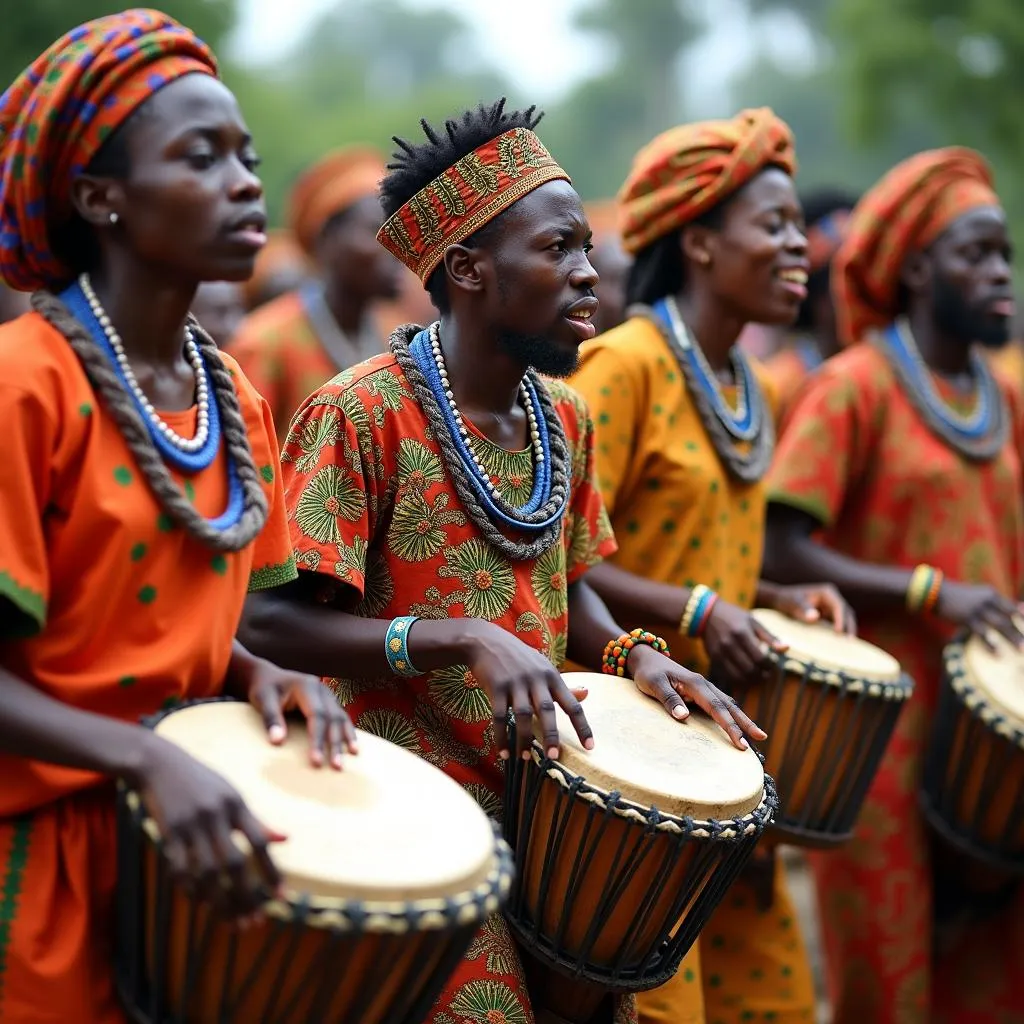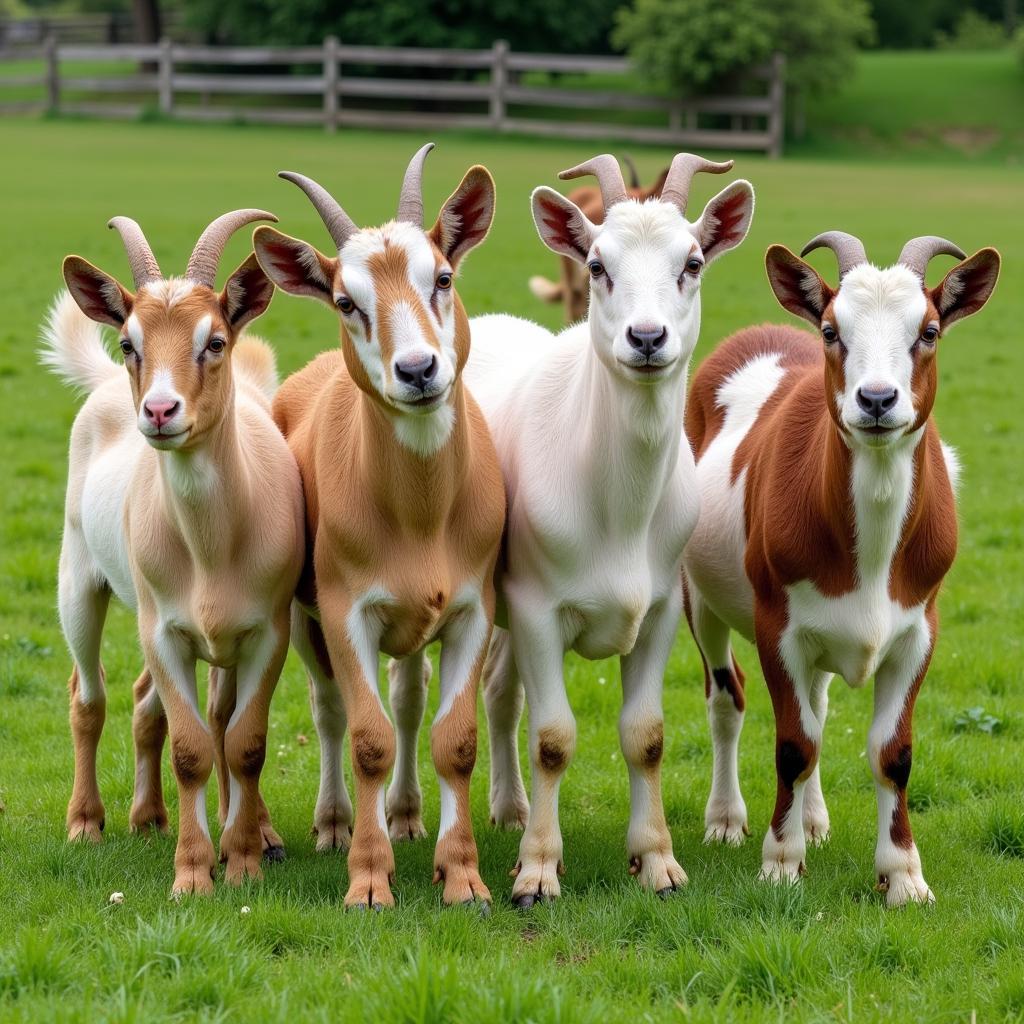African Cheetah IUCN Status: A Deep Dive into the Conservation Crisis
The African cheetah’s IUCN status is a critical topic for wildlife enthusiasts and conservationists alike. This article explores the challenges facing these magnificent creatures and the efforts being made to secure their future. We’ll delve into the factors contributing to their vulnerable status, the conservation strategies employed, and the importance of international collaboration in protecting this iconic species.
Understanding the African Cheetah’s Vulnerable Status
The African cheetah, the fastest land animal, faces a grave threat: its populations are dwindling, leading to its classification as “Vulnerable” on the IUCN Red List. This status highlights the urgent need for concerted conservation efforts. The cheetah’s decline is attributed to a complex interplay of factors, including habitat loss, human-wildlife conflict, and the illegal wildlife trade. These pressures, coupled with the cheetah’s naturally low genetic diversity, make them particularly susceptible to environmental changes and disease outbreaks.
Habitat loss, driven by expanding human settlements and agricultural activities, restricts the cheetah’s hunting grounds and disrupts its natural social structure. This forces cheetahs into closer proximity with humans, often leading to conflict and retaliatory killings by farmers protecting their livestock. The illegal pet trade also poses a significant threat, as cheetah cubs are captured and smuggled for private ownership, further depleting wild populations.
Conservation Strategies: Protecting the Future of the Cheetah
Numerous organizations and governments are working tirelessly to address the threats facing African cheetahs. These efforts involve a multifaceted approach, encompassing habitat protection, community engagement, anti-poaching initiatives, and research programs. Establishing protected areas and wildlife corridors is crucial for securing cheetah habitats and allowing for genetic exchange between fragmented populations. african cheetah speed iucn
Community-based conservation programs are also essential, as they empower local communities to become active participants in cheetah conservation. These initiatives often involve providing alternative livelihood options, such as ecotourism, to reduce reliance on activities that negatively impact cheetah populations. Educating local communities about the importance of cheetah conservation and promoting co-existence strategies are vital components of these programs.
Furthermore, robust anti-poaching measures and law enforcement efforts are crucial for combating the illegal wildlife trade and protecting cheetahs from poachers. Research plays a vital role in understanding cheetah ecology, behavior, and the effectiveness of different conservation interventions. african cheetah iucn
The Role of International Collaboration
International cooperation is paramount for effective cheetah conservation. The Convention on International Trade in Endangered Species of Wild Fauna and Flora (CITES) regulates the international trade of cheetahs and their parts, helping to curb the illegal pet trade. Collaborative research projects between different countries facilitate the sharing of knowledge and resources, enhancing conservation efforts. Sharing best practices and coordinating conservation strategies across borders are crucial for ensuring the long-term survival of the cheetah. iucn status of african cheetah
“The future of the African cheetah rests on our collective commitment to conservation,” says Dr. Anika Moolman, a leading cheetah researcher. “International collaboration, community engagement, and scientific research are essential for ensuring that these magnificent creatures continue to roam the African savanna for generations to come.”
What is the African cheetah iucn status?
The African cheetah’s IUCN status is “Vulnerable.”
Why is the African cheetah vulnerable?
Habitat loss, human-wildlife conflict, and the illegal wildlife trade are the primary threats.
What is being done to conserve African cheetahs?
Conservation efforts include habitat protection, community engagement, anti-poaching initiatives, and research. african genetic bottleneck
How can I help cheetah conservation?
Supporting conservation organizations, spreading awareness, and advocating for stronger wildlife protection policies are ways to contribute.
“Protecting the cheetah is not just about saving a species; it’s about safeguarding the biodiversity of our planet,” adds Dr. Kamau Mwangi, a wildlife veterinarian specializing in cheetah health. “The cheetah’s presence in an ecosystem indicates a healthy environment, and its loss would have cascading effects on other species and the overall ecological balance.” african cheetah speed
In conclusion, the African cheetah’s IUCN status as “Vulnerable” underscores the urgent need for sustained and collaborative conservation efforts. By addressing the key threats and implementing effective conservation strategies, we can ensure a brighter future for this iconic species and preserve its place in the African ecosystem. The African Cheetah Iucn Status is a call to action for all of us to play our part in protecting this magnificent creature.
If you need support, please contact us:
Phone: +255768904061
Email: kaka.mag@gmail.com
Address: Mbarali DC Mawindi, Kangaga, Tanzania.
We have a 24/7 customer service team.


